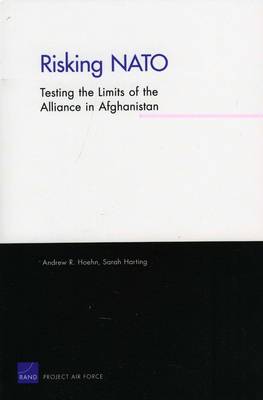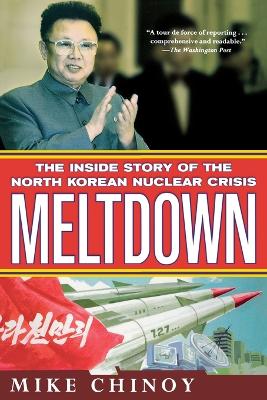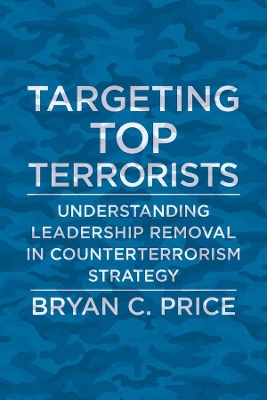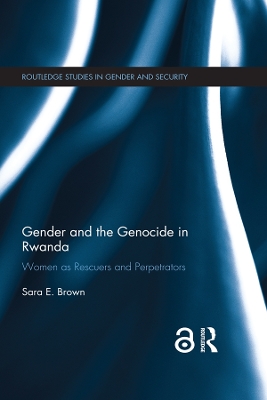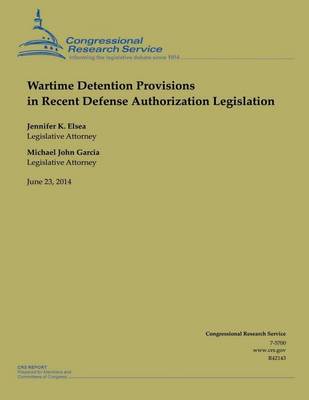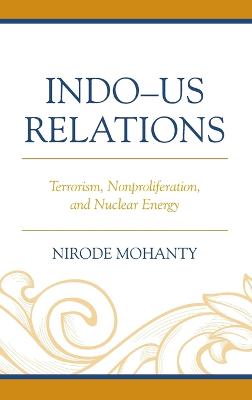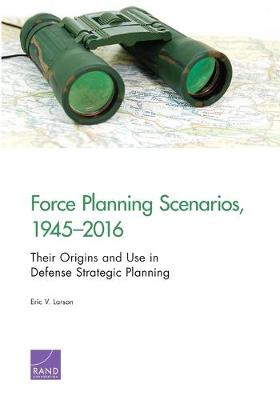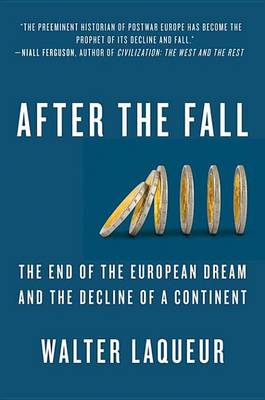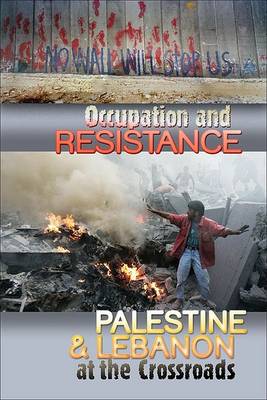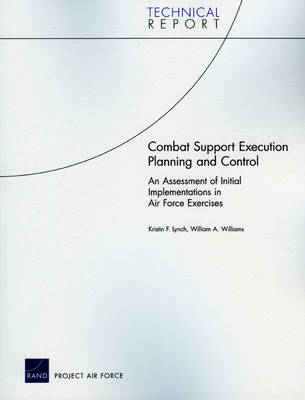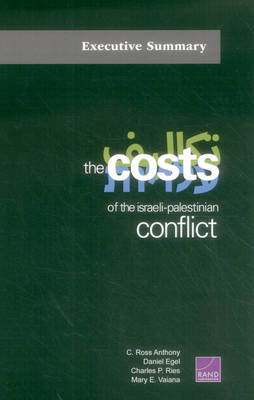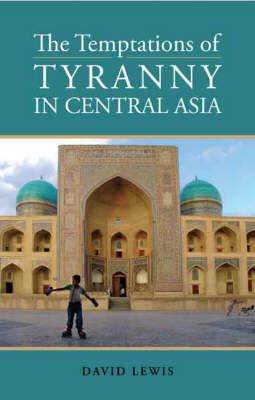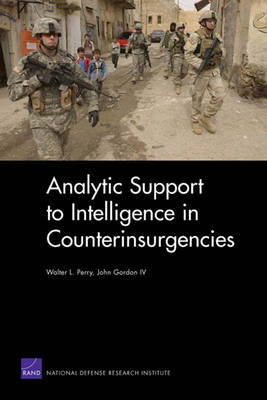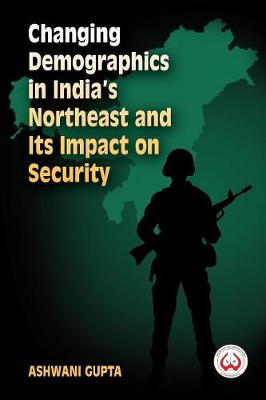When George W. Bush took office in 2001, North Korea's nuclear program was frozen and Kim Jong Il had signaled he was ready to negotiate. Today, North Korea possesses as many as ten nuclear warheads, and possibly the means to provide nuclear material to rogue states or terrorist groups. How did this happen? Drawing on more than two hundred interviews with key players in Washington, Seoul, Tokyo, and Beijing, including Colin Powell, John Bolton, and ex-Korean president Kim Dae-jung, as well as...
Maximizing Land Combat Power
by U S Army Research Development and Engin
Targeting Top Terrorists (Columbia Studies in Terrorism and Irregular Warfare)
by Lt. Col. Bryan C. Price
When President Barack Obama announced the assassination of Osama bin Laden, many Americans hoped the killing of al-Qaida’s leader would sound the death knell for the organization. Since 9/11, killing and capturing terrorist leaders has been a central element in U.S. counterterrorism strategy. This practice, known as leadership decapitation, is based on the logic that removing key figures will disrupt the organization and contribute to its ultimate failure. Yet many scholars have argued that targ...
Gender and the Genocide in Rwanda (Routledge Studies in Gender and Security)
by Sara E. Brown
This book examines the mobilization, role, and trajectory of women rescuers and perpetrators during the 1994 genocide in Rwanda. While much has been written about the victimization of women during the 1994 genocide in Rwanda, very little has been said about women who rescued targeted victims or perpetrated crimes against humanity. This book explores and analyzes the role played by women who exercised agency as rescuers and as perpetrators during the genocide in Rwanda. As women, they took acti...
Wartime Detention Provisions in Recent Defense Authorization Legislation
by Jennifer K Elsea
State Sovereignty and Intervention (New International Relations)
by Helle Malmvig
This new volume shows how state sovereignty is more fluid and contested than is usually appreciated within both conventional and constructivist literature. Whereas previous constructivist works have investigated the temporal contingency of state sovereignty, the spatial contingency of this concept has been neglected. This book tackles this situation, showing the reader how the meaning of state sovereignty was constituted differently in the case of the intervention in Kosovo and the case of non-...
21st Century Peacekeeping and Stability Operations Institute (PKSOI) Papers - The New Balance
by Department of Defense, U S Military, and Us Army
The purpose of this book is to narrate important, dynamic events that have taken place in the Indo-U.S. relations, beginning from 1943 to 2013. This includes the American role in India's independence, the Cold War, demise of the Soviet Union, resurgence of Islamic fundamentalism, terrorists' attack of American cities in 2001, decline of American power, rise of India, and rise of China. The study is confined to only three areas: terrorism, nuclear proliferation, and nuclear energy. The defining m...
India in the New South Asia (Library of International Relations, v. 45)
by B. M. Jain
In recent years, South Asia has become a flashpoint of conflict between the nuclear powers of India and Pakistan over the interconnected problem of Kashmir and cross-border terrorism. B.M. Jain here re-evaluates India's security, strategic and nuclear policy in the new South Asia of the post 9/11 era. He also provides a reappraisal of the regional security implications of India's turbulent relationships with Pakistan, Nepal, and Bangladesh. Furthermore, he examines the strategic engagement of Am...
American National Security
by Amos A. Jordan, William J. Taylor, Jr., Michael J. Meese, and Suzanne C. Nielsen
The end of the Cold War has dramatically changed the dynamics of the international political system. The fourth edition of "American National Security: Policy and Process" has been throughly revised to show how recent events have affected the security needs of the United States. Although the framework for US national security remains largely the same - even in the absence of the Soviet Union or another superpower - political and military leaders face new challenges in policy and defence planning...
Walter Laqueur was one of the few experts who predicted Europe's current financial and political crisis when he wrote "The Last Days of Europe" six years ago. Now this master historian takes readers inside the European crisis that he foresaw. Ravaged by the world economic meltdown, increasingly dependent on imported oil and gas, and lacking a common foreign policy, Europe is in dire straits. With the authority that comes from thirty years of experience as an expert on political affairs, the auth...
Federal Research and Development Contract Trends and the Supporting Industrial Base, 2000-2015 (CSIS Reports)
by Jesse Ellman and Kaitlyn Johnson
As the current U.S. defense budget drawdown has progressed, numerous analysts have expressed concern about the ability of the United States to retain technological superiority, particularly given how research and development (R&D) contracting appears to be in serious decline. To examine what has happened within the federal R&D contracting portfolio, CSIS has analyzed trends in federal contracting. Using federal contract data from the publicly available Federal Procurement Data System, this study...
The Costs of the Israeli-Palestinian Conflict
by C. Ross Anthony, Daniel Egel, Charles P Ries, and Mary E Vaiana
After the recent toppling of the Taliban in Afghanistan, the important but overlooked ex-Soviet states of Central Asia-Tajikistan, Kazakhstan, Uzbekistan, Kyrgyzstan, and Turkmenistan-briefly became key players in the war on terror. Military and economic aid from America and other Western countries poured into the region on the assumption that stability and greater democratization would be the result. Only a few years later, however, the West's strategy to exert geopolitical influence in the reg...
Nanotechnology for Defence Applications
by Narendra Kumar and Ambesh Dixit
This book examines the application of nanoscience and nanotechnology in military defence strategies. Both historical and current perspectives on military technologies are discussed. The book provides comprehensive details on current trends in the application of nanotechnology to ground, air, and naval specializations. Furthermore, nanotechnology-enabled high energy explosives and propellants, chemical, biological, radiation, and nuclear threats and their detection/protection, and camouflage and...
Analytic Support to Intelligence in Counterinsurgencies
by Walter L. Perry, John Gordon, and Gordon IV John
Perspektiven Der Menschenrechte (Versicherungsrechtliche Studien,, #15)
Die starke politische Bedeutung der Allgemeinen Erklarung der Menschenrechte von 1948 ist unbestritten. Ihr Katalog der Grundfreiheiten beeinflusste zahlreiche Staatsverfassungen, so auch das deutsche Grundgesetz von 1949. Trotz ihrer rechtlichen Ausweitung und der Tatsache, dass mitlerweile insgesamt 128 Staaten beide Pakte der UN-Erklarung unterzeichnet haben, bleibt die Durchsetzung der Menschenrechte eines der wichtigsten Ziele der Menschheit. Das funfzigste Jubilaum der UN-Erklarung verlan...
Changing Demographics in India's Northeast and Its Impact on Security (First)
by Ashwani Gupta
